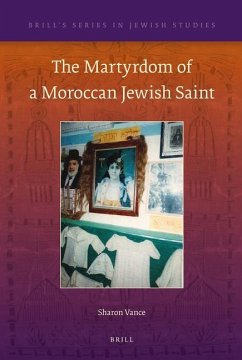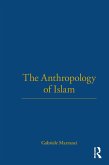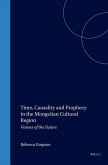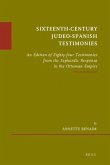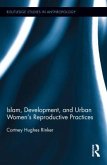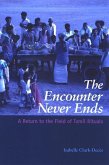The martyrdom in 1834 of Sol Hatchuel, a Jewish girl from Tangier, traumatized the Jewish community and inspired a literary response in Morocco and beyond. This study focuses on works written in the first century after her death in Hebrew, Judeo-Arabic, Judeo-Spanish, Spanish and French that tell her story and interpret its meaning. The author places both the event and the texts that narrate it in their historical context and show how its significance changed in each language and literary setting. The texts, prose and poetic laments by North African rabbis and a romantic feuilleton from the Judeo-Spanish press, and their historical settings reveal the complex relations between Jews and Muslims in North Africa and the Ottoman Empire in the 19th century and the intersection between religious polemics and gender discourse.
